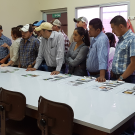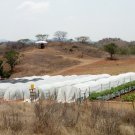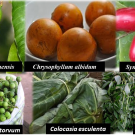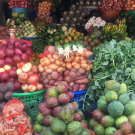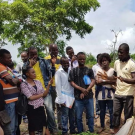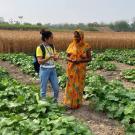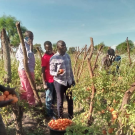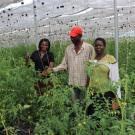Undernutrition, particularly during the 1,000 days from pregnancy to a child’s second birthday, leads to lower levels of educational attainment, productivity, lifetime earnings, and economic growth rates. Horticulture plays a unique role in ensuring access to and availability of diverse, nutritious food. Increased dietary diversity is highly correlated with better health, and thus reduction of malnutrition and stunting. Increasing fruit and vegetable consumption is one of the few dietary strategies that can help improve both undernutrition and overnutrition, which can co-exist even in the same household (the so-called "double burden of malnutrition" in transitioning economies).


